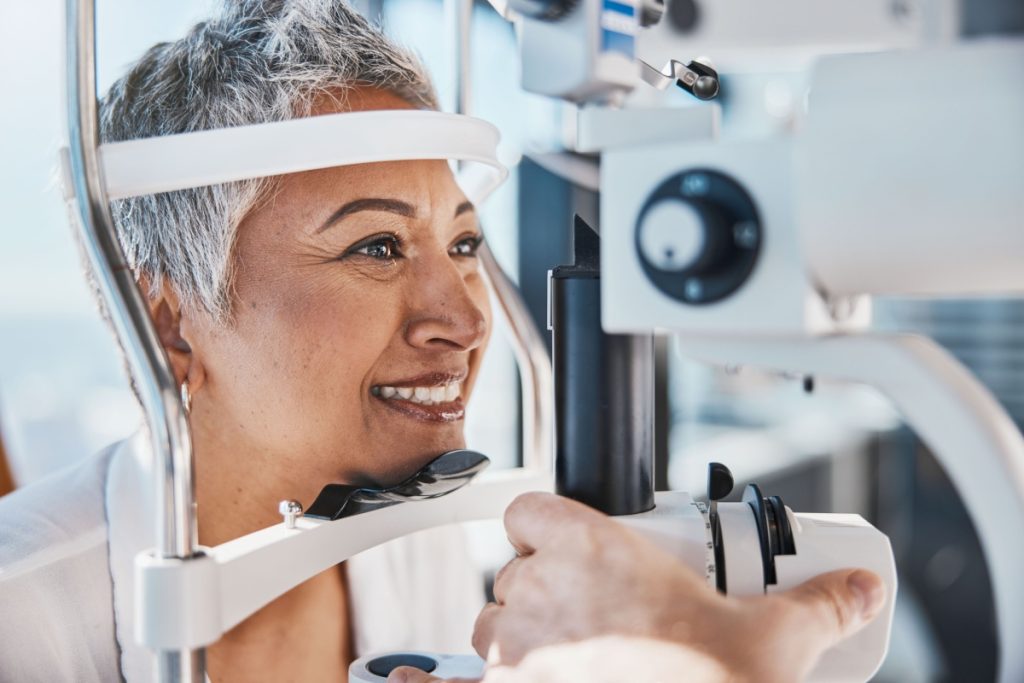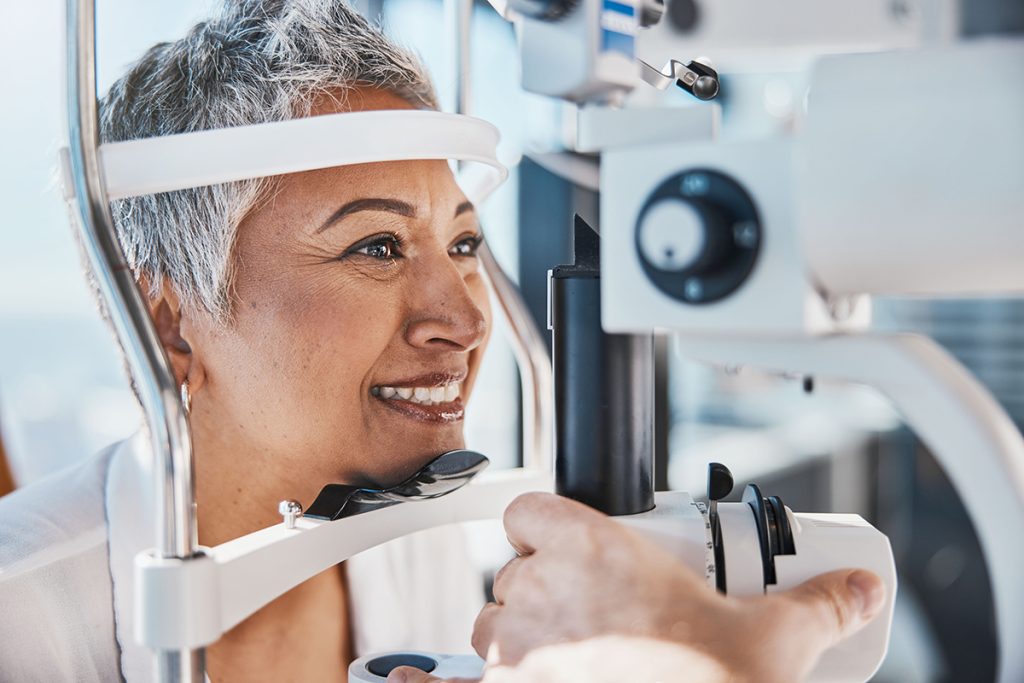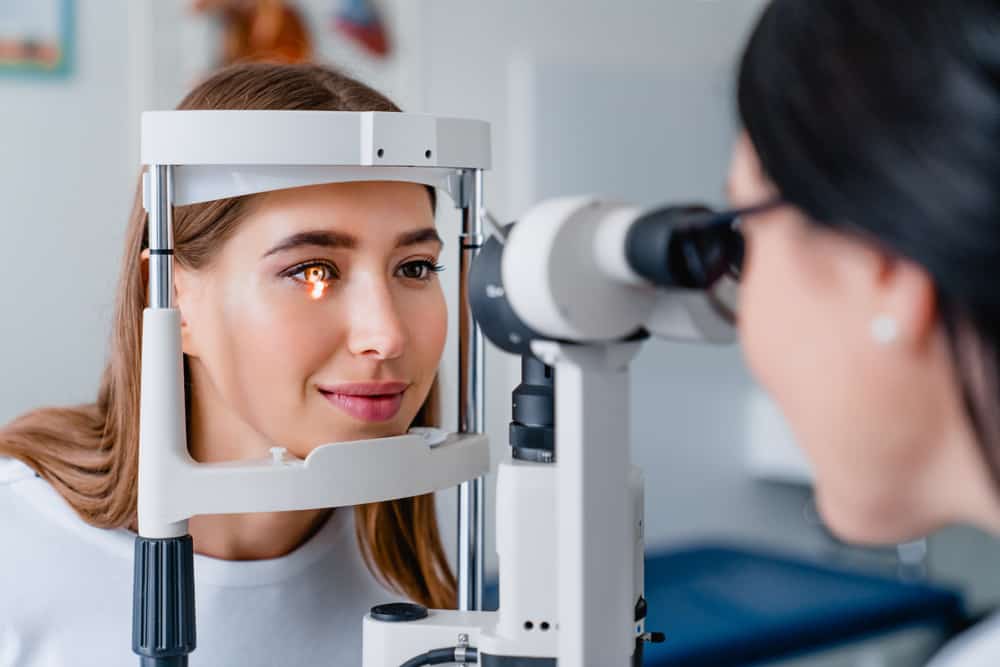
Visiting the eye doctor is an essential part of maintaining your overall health, and at Berks Eye Physicians & Surgeons, we strive to make your experience both comfortable and informative. Whether it’s your first eye exam or a routine check-up, understanding what to expect can ease any anxieties and help you make the most of your visit.
A Thorough Review of Your Medical History
Your eye exam at Berks Eye Physicians & Surgeons will begin with a comprehensive review of your medical history. This step is crucial because your eyes can reveal a lot about your overall health. Conditions like diabetes, hypertension, and even certain neurological disorders can affect your vision. By sharing any relevant health information, including medications and family history, our specialists can tailor the exam to your specific needs.
Visual Acuity Test
One of the primary components of your eye exam is the visual acuity test. You’ve probably encountered this test before — it’s the one where you read letters from a chart across the room. This test measures how well you see at various distances. Depending on the results, you may need corrective lenses or an adjustment to your current prescription. It’s a quick and painless way to assess your vision clarity.
Refraction Assessment
To determine the exact prescription for your glasses or contact lenses, a refraction assessment will be conducted. During this test, you’ll look through a device called a phoropter and tell the doctor which lens choices make the letters on the eye chart clearer. This test is critical for diagnosing refractive errors like nearsightedness, farsightedness, and astigmatism.
Slit Lamp Examination
One of the more detailed parts of your eye exam is the slit lamp examination. This specialized microscope allows the doctor to examine the structures at the front of your eye, including the cornea, iris, and lens. By shining a bright light into your eye, the doctor can detect a range of conditions, such as cataracts, corneal injuries, or dry eye syndrome.
Retinal Examination
Finally, your doctor will examine the back of your eye, including the retina and optic nerve. This part of the exam often involves dilating your pupils to get a better view. It’s a crucial step for detecting issues like retinal detachment, macular degeneration, and other serious eye conditions.
Your Vision Is Our Priority
At Berks Eye Physicians & Surgeons, your vision and eye health are our top priorities. Regular eye exams are essential not only for maintaining clear vision but also for catching potential health problems early. Whether you’re experiencing vision changes or it’s time for your annual check-up, we’re here to provide comprehensive, compassionate care. Schedule your eye exam today and take the next step in protecting your vision for a lifetime.
 1802 Paper Mill Road, Wyomissing, PA 19610
1802 Paper Mill Road, Wyomissing, PA 19610



